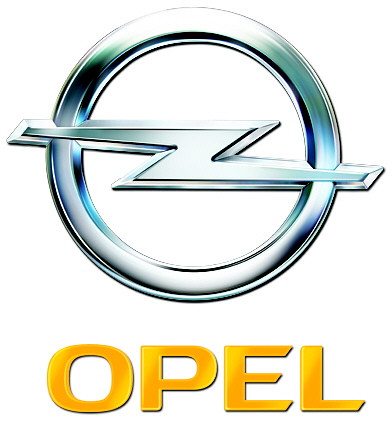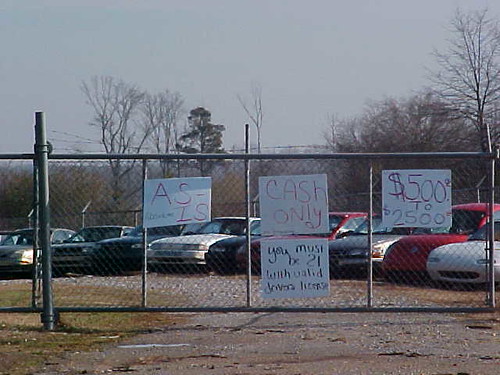Fiat woos German ministers in attempt to take control of Opel
(Source: Timesonline, UK)
Fiat last night set out its blueprint to reshape the global car industry, outlining plans to spin off a new company that will include General Motors’ European business and Chrysler.
 The Italian car manufacturer meets German ministers today to set out a plan that would bring GM’s Vauxhall, Saab and Opel into a company with Fiat’s core car marques, including Fiat, Alfa Romeo and Ferrari.
The Italian car manufacturer meets German ministers today to set out a plan that would bring GM’s Vauxhall, Saab and Opel into a company with Fiat’s core car marques, including Fiat, Alfa Romeo and Ferrari.
The company said last night that the possible new company, which would be floated, would have revenues of €80 billion (£71 billion) and an output of between six million and seven millon vehicles a year, which Fiat believes will give it the necessary scale to weather the crisis besetting the automotive industry. The proposed company would be the second largest car group in the world.
In Britain, unions have hinted that a Fiat takeover of Vauxhall would put at risk 5,000 jobs at Luton and in Cheshire. GM employs 300,000 workers worldwide.
GM has struggled to find a buyer for its non-core businesses as it seeks to avoid following Chrysler into bankruptcy. But Fiat faces some German opposition over its ownership of Opel, GM’s German subsidiary.
Sergio Marchionne, the chief executive of Fiat, will today meet the Economy Minister and the Foreign Minister of Germany. Karl-Theodor zu Guttenberg, the Economy Minister, warned that the German Government required a long-term strategy.
In an interview with a German newspaper, he said: “We will not enter into any financial adventure with taxpayer money. The concept must clearly show that Opel plants in Europe that are to be kept open will be secured over the long term.”
Angela Merkel, the German Chancellor, has suggested the German Government could offer loan gaurantees to help safeguard jobs at Opel.
Fiat wants to acquire Opel after its eleventh-hour deal last Thursday to buy an initial 20 per cent of Chrysler. The company believes that it needs a partner to reach the scale of production necessary to weather the crisis besetting the motor industry.
Fiat’s overtures to Opel quickly follow its agreement to enter a partnership with Chrysler after it emerges from bankruptcy. Fiat will share its fuel-efficient technology in return for gaining a stake that will eventually turn into a majority holding in the company. Chrysler filed for bankruptcy after creditors refused to accept a restructuring deal.
In its desperation to avoid following Chrysler into administration, GM has been attempting to offload its unprofitable, non-core assets.







